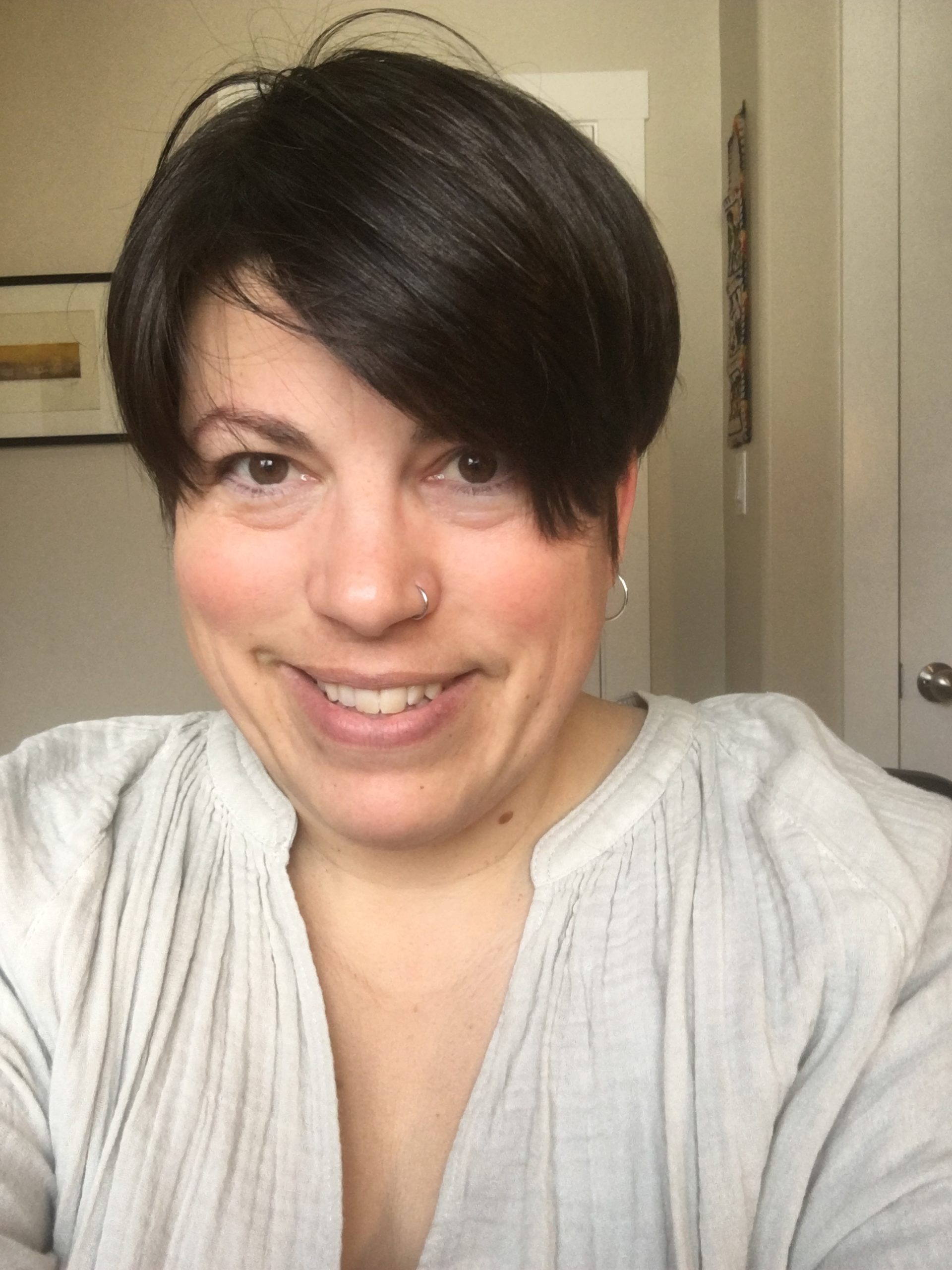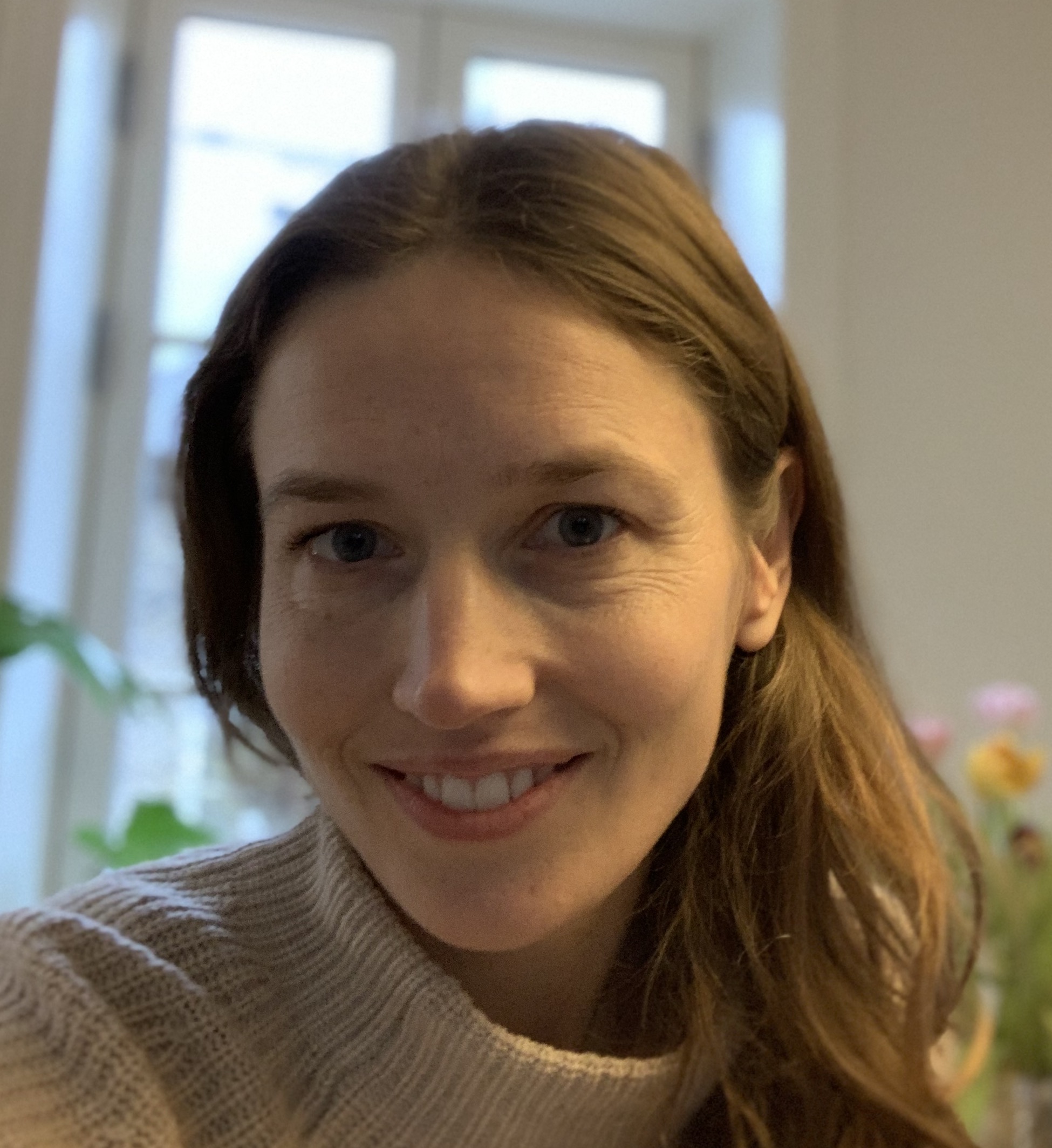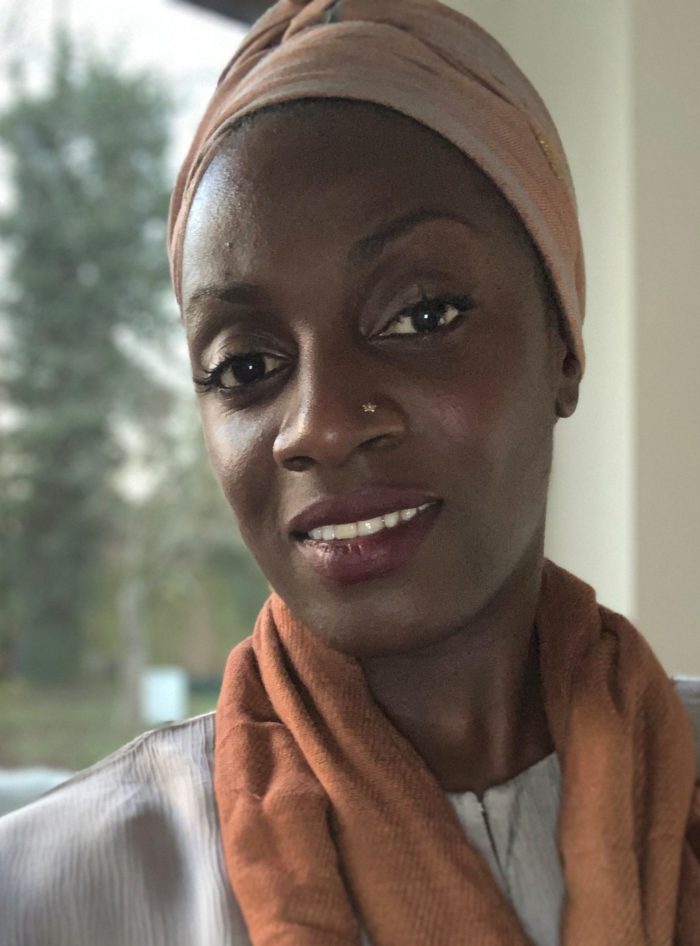The Afar people of Northern Ethiopia live in what can be considered the very definition of ‘challenging contexts.’ Largely nomadic pastoralists, they navigate a harsh and unforgiving landscape, often having to travel great distances for water. They have been described as living on the frontline of climate change. The Covid-19 pandemic and emerging peace and security issues in Ethiopia have only compounded challenges around poverty, nutrition and sanitation as markets are disrupted and entire communities are displaced.
It can still be incredibly challenging to ensure that the most marginalised members of a community are included and actively engaged in the process . In the case of Afar, this encompasses women, those with little to no formal schooling and those with very low levels of literacy. With this learning paper the authors want to share their experiences of using a methodology designed to include the voices of those most marginalised – in particular, women’s voices – in a nutrition and WASH participatory research project in Northern Ethiopia.
Fostvedt-Mills Consulting (FMC) was contracted by the German Society for International Cooperation (GIZ) as part of their Improved Food security through Transitional Aid for Resilience Project (IFTAR), which aimed to improve the nutritional status of vulnerable groups and the nutritional and hygiene behaviours of caregivers. They were asked to investigate the attitudes and practises of target communities in Afar relating to nutrition and water, sanitation, and hygiene and then to design a subsequent intervention that was contextually relevant to the communities.
For the study, FMC sought to answer the questions:
- What are the social and gender-based factors determining the nutrition and WASH practices of the communities?
- How are those factors affecting the nutrition and WASH practices of the communities?
In designing the approach, FMC wanted to ensure that they carried out their research with the communities, rather than on the communities, in a way that would build trust and create a shared understanding of the future intervention and generate interest and a sense of ownership in its potential outcomes.
The full study carried out by FMC included a desk review as well as primary quantitative and qualitative data collection. In this learning paper they share the findings from the qualitative research. Specifically, FMC examine how the use of photovoice and Community Action Planning methods worked to amplify the voices of women and ultimately engage a more diverse group of community members in the research process. They will share our most important findings and discuss some of the advantages and challenges of using these methods in Afar, as well as the potential for application of these research methods in other challenging contexts.










